The International Entrepreneur Rule (IER) provides a tremendous 5 year immigration solution for foreign founders to enter and run their funded U.S. startup. These are some of the most common questions you will have when considering whether immigration founder parole is right for you and your startup. Take a look at our FAQs in this article.
Read MoreAs discussed in detail in our article on the Entrepreneur Parole, geared towards foreign startup founders, this is the most directly applicable and modern immigration solution for the current realities of technology and other startups in the U.S. This is extremely exciting. We are creating a video series to dive into the details.
Read MoreBiden resurrects a U.S. immigration option for international founders and their startups that is modern and in keeping with current business models, typical funding, and more! Entrepreneurs have the Biden Administration to thank for taking the clear step in resurrected the 2017 Obama era International Entrepreneur Rule (IER), which grants immigration parole to foreign-born entrepreneurs, who can prove that through their qualifying startup, will provide a significant public benefit to the U.S., in terms of job creation and growth.
Read MoreOn April 27th, 2021, USCIS announced that the agency is issuing policy guidance instructing
USCIS Officers to give deference to prior determinations when adjudicating extension requests. In other words, USCIS Officers are being directed to defer to prior determinations of approval for extension requests including the same parties and facts.
Biden’s Immigration Bill introduced in the Congress: On February 18, 2021, the Biden administration formally introduced the U.S. Citizenship Act of 2021 in Congress. We will have more analysis in the coming days but some of the key takeaways of the current bill include: (1) creating a path to citizenship for undocumented individuals who were physically present in the United States on or before January 1, 2021, provided that they pass criminal and security background checks and pay their taxes; (2) reforming employment-based immigration by clearing visa backlogs, recapturing unused visas, reducing lengthy wait times, and eliminating per-country visa caps. The bill also will introduce measures to make it easier for graduates of U.S. universities with advanced STEM degrees to stay in the United States.
Read More… In the real world, companies have different recruitment philosophies. In some cases, they recruit competitively, seeking the most qualified candidate for their open positions with laundry lists of “desired” qualifications listed. In other situations where the competition for talent is fierce, companies go with a very lax initial qualifications list, hoping to attract as many candidates as possible initially to cast a wide net.
Enter the twilight zone of PERM labor certification, where the DOL cares about one thing and one thing only, and that is that the PERM recruitment is based solely on the actual minimum requirements for the job. Below, we list out a few of the most common pitfalls.
Read MoreBiden reinstates Covid-19 related travel ban: On January 25, 2021, the President via a proclamation indefinitely suspended entry of foreign nationals entering the US from certain countries. Foreign nationals who do not qualify for an exception and who were present for 14 days preceding their US travel in South Africa, Brazil, Schengen Countries, Ireland or the United Kingdom were banned from entering due to public health concerns. Additionally, starting January 26, 2020, all air passengers coming to the United States, including U.S. citizens, are required to have a negative COVID-19 test result or documentation of recovery from COVID-19 before they board a flight to the United States. The guidance is silent on land travelers at this time.
Read MoreOn October 6, 2020 the Trump administration released two immigration rules directly aimed at the H1B and PERM Green Card processes. It is critical for companies and individuals to understand these rule changes and what to expect as it is aimed at the very core of H1B specialty occupation qualification as well as H1B and PERM Green Card wage requirements that impact the immigration status of professional workers.
Read MoreAgain the courts, especially in California, have helped maintain some sense of order in the immigration world. Most recently, on October 1, 2020, Trump's H-1B, L, and J visa ban on the issuance of new visas, have been enjoined by a California Federal District Court. Although this only directly benefits the named plaintiffs it is a good sign. We will keep you updated on how this progresses.
Read MoreTrump Immigration has been a brand of immigration policy focused on promoting a constant feeling of confusion and unpredictability for U.S. companies and immigrants alike. This has only accelerated as we move towards the November 2020 presidential elections. So what can we expect between now and November? Likely, at least one more series of Executive Orders aimed at H1B adjudications and perhaps more.
Read MoreAs a result of a suit filed by Harvard and MIT against the USCIS, F-1 international students can once again take online courses and maintain their immigration status. ICE guidance has been rescinded as a result of the Federal court case, President and Fellows of Harvard College et al. v. U.S. Department of Homeland Security et al., case number 1:20-cv-11283, in the U.S. District Court for the District of Massachusetts. It appears that the Harvard suit filed against DHS which was set for oral arguments today but ended swiftly as the government agreed to back off of the new ICE directive which put students taking only online courses (due to Covid-19) in jeopardy of losing their immigration status.
Read MoreWebinar providing an analysis of the recent Trump Immigration Order targeting H1B, L, and J Visa holder’s ability to obtain visas and enter the U.S. Please listen for information on who it affects, who it does not impact, and where the ambiguity remains. The webinar also provides ideas for companies on how best to reduce the impact of the Order and what else we might expect on the immigration front.
Read MoreWith the expected furloughing of 13,000 plus USCIS employees, there will be serious ramifications for U.S. companies in terms of predictability and onboarding of international employees in H1B, L1, O1, and other Visa status types. This, on top of the current Trump Immigration Executive Orders, makes for a challenging time. Be prepared by learning about three possible ramifications.
Read MoreOn June 29, 2020, the Trump Administration updated the June 22, 2020, Immigration Executive Order, providing additional detail to one of the three requirements for an individual to be subject to the immigration ban on entry for targeting H1B Visa holders as well as L1, J1, and H2B Visa holders. This amendment unfortunately seems directly aimed at removing an argument that we were hoping to be able to use in helping clients reduce the impact of the Order. The change directly narrows the Visa type that a person must have held on June 24, 2020, in order to avoid falling under the ban on entry.
Read MoreWill the Department of State properly interpret and apply the plain language of the Immigration Order? Are those individuals who were inside the U.S. on June 24, 2020, exempt from the Order? Are those who held any valid visa type on June 24, 2020 exempt? It already appears that the DOS is failing to abide by the actual criteria of Trump's Immigration Order.
Read MoreHow does the Trump Immigration Executive Order impact Canadian H1B and L1 ‘Visa’ holders? Trump’s Executive Order set to become effective on June 24, 2020 is set to impact visa holders seeking entry from abroad through the H1B professional worker visa, L intracompany transfer visa, but Canadians may be okay it appears.
Read MoreAs expected, President Trump has released a follow up Executive Order to the Proclamation that was issued on April 22, 2020 which restricted Green Card processing for those outside of the U.S. Many of the restrictions we expected to be in this Executive Order are now in fact confirmed as provided in detail below. This order is set to last from June 23, 2020 through until December 31, 2020 with possible extensions thereafter.
Read MoreThe B1 in lieu of H1B nonimmigrant visa status provides a special exemption to the work restrictions that typically apply to the B1 business visitor. This exemption allows foreign professionals working in specialized occupations who would otherwise be eligible for an H-1B visa to perform productive work on a B-1 visa, so long as the work is being performed for the benefit of their foreign employer.
Read MoreIt is critical for employers and international H1B employees to fully understand rules surrounding material changes of employment terms including working from home, changes in wages, furloughs, and more. Read this article to get insights.
Read MoreThe O1 visa is the closest that the U.S. immigration system has to a merit-based visa option and it is greatly underutilized. The H1B visa focuses on specific job duties and wages and a candidate’s educational background, and the entrepreneurial E2 investor visa and L1A new office visa focus on the standing of a business, but the O1 directly focuses on proven ability.
Read More




















